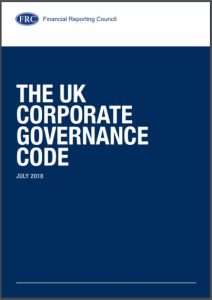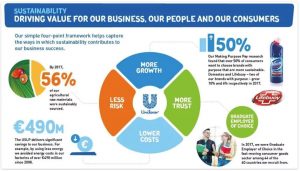Despite the seeming ubiquity of the term ESG, understanding of one of its key components remains sketchy.

Let’s be frank. For many in the investment management world, S means snooze when it comes to ESG. They’ve more pressing concerns – like pandemic-induced crashes in value or exceptional volatility from the no-deal Brexit cliff-hanger – than to be worried about the soft stuff (as others might define the S).
Anyway, they might think, we understand the E, the environment is mainstream now. Governments are in the driving seat, literally, phasing out the internal combustion engine in less than a decade. Now that’s a big deal, when cars have dominated our lives, clogged our streets and driven economic growth for more than a century. In the UK alone 990,000 people earn their living in the automotive sector according to the SMMT. And maybe there’s an upside to this E. Last year $250 billion worth of green bonds were issued worldwide, linking borrowing to decarbonising the economy and creating new jobs in growth sectors. Some are predicting that will grow to $1 trillion by next year and the UK government is getting in on the act. That’s a serious lot of noughts to win a slice of.
Continue reading










